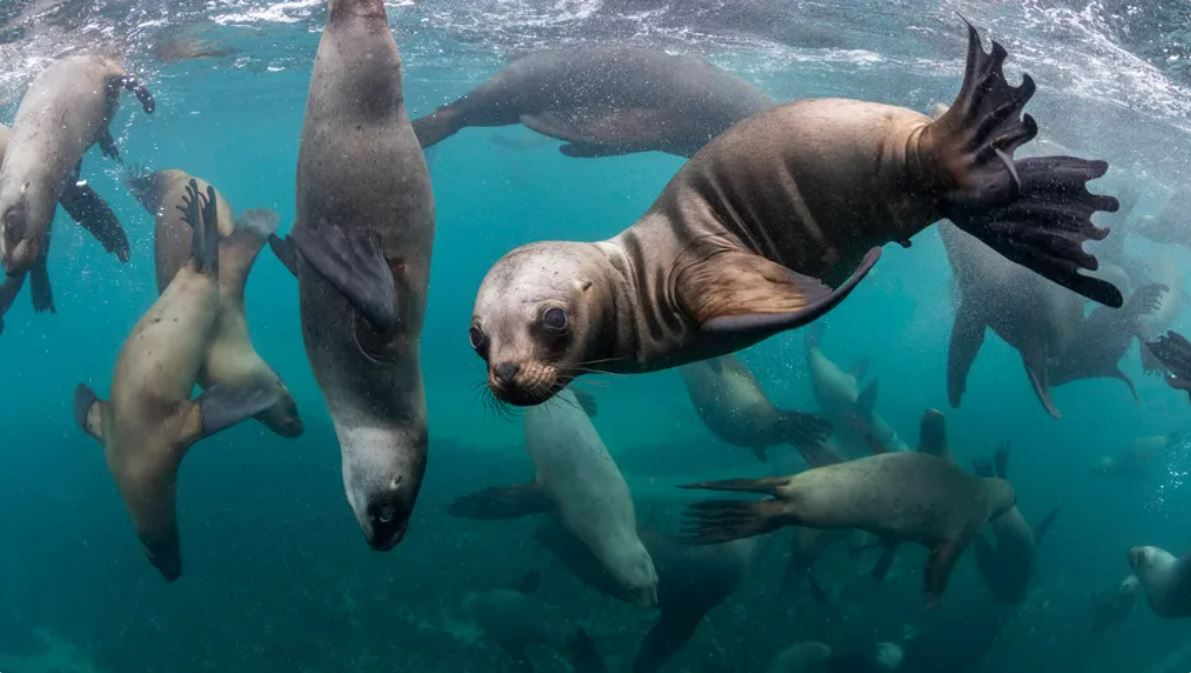Global warming destroyed about 95 percent of the world’s marine species some 250 million years ago, in what is now known as “The Great Dying.” In many respects, though, this was an unavoidable disaster. Natural volcanic eruptions heated the waters, interrupting the flow of undersea oxygen and drowning aquatic creatures.
Researchers wrote in the journal Science on Thursday that the present climate catastrophe might be pushing humanity into yet another catastrophic extinction of marine life, one that matches the eons-old Great Dying. However, they claim that it can be avoided.
This time, volcanic eruptions aren’t the primary cause of global warming. Instead, it is the result of human activities.
The combustion of fossil fuels, for example, contributes significantly to greenhouse gas emissions that cause climate change, although it is humanity’s primary source of heat and energy. Even while certain energy firms are gradually shifting toward non-fossil-fuel-burning, sustainable energy sources like solar electricity, we still use a lot of fossil fuels. In certain nations, the practice appears to be on the rise.
“If climate change is allowed to continue unchecked, we may see the advent of severe extinctions that push marine life diversity back over 50 million years,” said Justin Penn, a postdoctoral researcher at Princeton University and co-author of the study.


